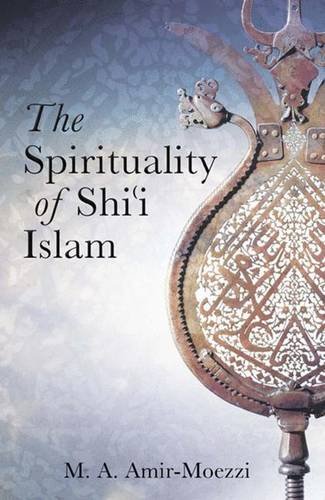

Most ebook files are in PDF format, so you can easily read them using various software such as Foxit Reader or directly on the Google Chrome browser.
Some ebook files are released by publishers in other formats such as .awz, .mobi, .epub, .fb2, etc. You may need to install specific software to read these formats on mobile/PC, such as Calibre.
Please read the tutorial at this link: https://ebookbell.com/faq
We offer FREE conversion to the popular formats you request; however, this may take some time. Therefore, right after payment, please email us, and we will try to provide the service as quickly as possible.
For some exceptional file formats or broken links (if any), please refrain from opening any disputes. Instead, email us first, and we will try to assist within a maximum of 6 hours.
EbookBell Team

5.0
38 reviewsShi'ism is the second most numerous branch of Islam in the modern world, with between 130 and 190 million adherents across the globe. Shi'i Islam is becoming an increasingly significant and resurgent force in contemporary politics, especially in the Middle East. This makes a good and informed treatment of its fundamental spiritual beliefs and practices both necessary and timely. Mohammad Ali Amir-Moezzi is one of the most distinguished scholars of Shi'i history and theology currently at work, and in this volume he offers precisely such a wide-ranging and engaging survey of the core texts of Shi'i Islam. Examining in turn the origins and later developments of Shi'i spirituality, the author reveals the profoundly esoteric nature of the beliefs which accrued to the figures of the Imams, and which became associated with the latters' interaction between material and spiritual worlds. These beliefs were often designated as being ghulat, or ""extreme,"" by other Muslims, and as a result of such criticisms from within the tradition they have remained little known and much misunderstood. Furthermore, Western scholarship has tended to follow the lead of the earlier Islamic critics, viewing these concepts as deviant and marginal. The author shows, by contrast, how central an imaginative and creative spirituality was to the development of Shi'i Islam, as well as to classical Islamic civilization, as a whole. In this comprehensive treatment, the esoteric nature of Shi'i spirituality is an essential factor in understanding Shi'ism.